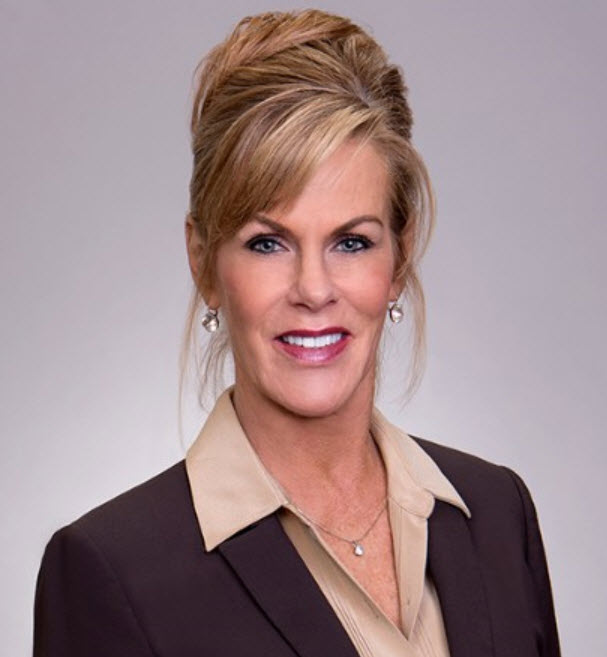Blockchain, Cryptocurrencies and the Case for Colocation

Blockchain is the technology that enables the existence of cryptocurrency. It’s a shared, immutable database that facilitates the process of recording transactions and tracking assets. Information is stored in blocks that are then chained together, and new data is entered into a new block, and once the block is full it is chained onto the previous one. Just about anything of value can be tracked and traded on a blockchain network, tangible or tangible.
What are cryptocurrencies?
A cryptocurrency is a medium of exchange, such as the US dollar, but is digital and uses encryption techniques to control the creation of monetary units and to verify the transfer of funds. Bitcoin and Ethereum are two of the most well-known cryptocurrencies in existence today, and recently, use of Bitcoin in particular has been gaining traction. For example, retailers including Microsoft, Overstock, Home Depot, Starbucks and Whole Foods accept bitcoin, and it’s starting to play a big role in NFT marketplace transactions as well.
What’s the connection between cryptocurrency and colocation?
Cryptocurrency mining is the process through which new cryptocurrency such as Bitcoin is entered into circulation. It involves compute-intensive applications that use more power per rack than average applications.
Bitcoin mining alone currently consumes 110 terawatt hours per year, which is over half a percent of all global electricity production. Bitcoin also uses nodes, which are computers connected to other computers that follow rules and shares information. A 'full node' is a computer in the bitcoin peer-to-peer network that hosts and synchronizes a copy of the entire bitcoin blockchain. Bitcoin nodes are typically deployed in geographic regions where data centers and internet infrastructure are located.
What’s the connection between cryptocurrency and colocation?
Much like infrastructure-as-a-service (IaaS) or software-as-a-service (SaaS), blockchain-as-a-service (BaaS) is a way than building the infrastructure stack required to launch and manage blockchain applications. BaaS enables customers to leverage cloud-based solutions to build, host, and operate their own blockchain apps and related functions on the blockchain.
The demand for data center solutions that can meet the needs of the cryptocurrency industry is growing exponentially, and multi-tenant data center (MTDC) operators are uniquely positioned to help fill the gap in the market by providing the compute power, and electrical and cooling infrastructure that’s required.
- Broadband 2026 Panduit Experts Predict What’s Next
- Real World Benefits of Deploying VSFF Solutions with Gen7 SAN Directors
- Five Best Scaling Practices for Tier 2 and Tier 3 Broadband Providers from Regional Fiber Connect Spokane
- TX6TM-ER Cable Surpasses 100-Meter Limit for Reliable Network Performance
- What’s Your Logistics Playbook for the Broadband Fiber Boom
- Artificial Intelligence
- Audio Visual (AV)
- Broadband
- Cloud Infrastructure
- Construction
- Critical Power
- Cybersecurity
- Data Center
- ESG
- Electrical Infrastructure
- Electrification
- Enterprise
- Fiber Connectivity Solutions
- IT Channel
- Identification
- Multi-Tenant Data Center
- Network Infrastructure
- OEM
- Renewable Energy
- Safety
- Smart Buildings
- Success Stories
- Sustainability
- Warehouse Automation

